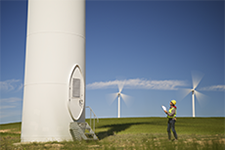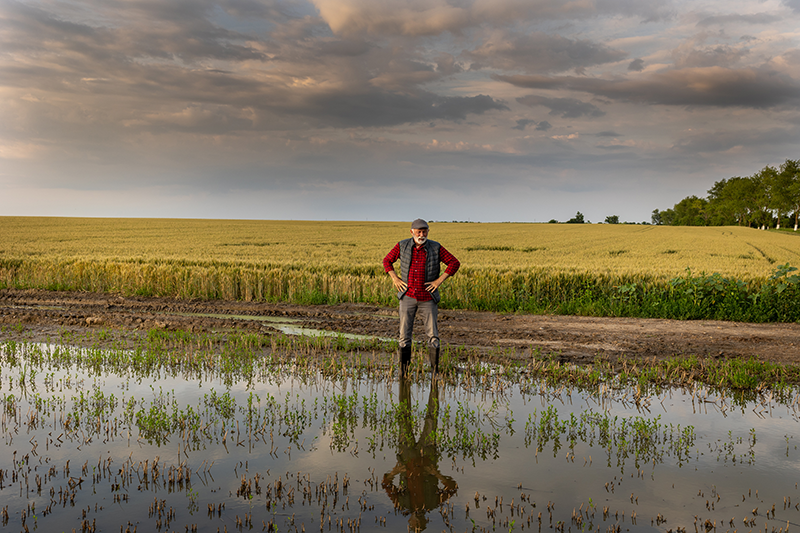Eurofound’s remit is centred around research to improve living and working conditions in the EU, which is at the heart of the EU policy priorities. This work includes topics linked with the Green Deal, like innovation and job creation, restructuring, skills and training of workers, the digital age, work sustainability, quality of life and well-being, among others.
How the Green Deal links in with Eurofound’s work
Research and innovation will be key in driving the change needed to achieve the goals set out in the Green Deal. This also means supporting people via a new Just Transition Mechanism. This will focus on the social and economic costs of the transition in the regions most affected. It will also facilitate new job opportunities, offer support to companies, as well as job search and re-skilling assistance for jobseekers likely to lose employment in the transition. Some of these topics are already covered in Eurofound research and findings could potentially feed into the work of the Just Transition Platform.
Restructuring at regional level
Eurofound’s European Jobs Monitor (EJM) monitors structural change in European labour markets, analysing where jobs are being lost and where they are being created. It analyses shifts in the employment structure in terms of occupation and sector, both at Member State and regional level. Recent analysis takes the region rather than the Member States as the main unit of analysis. It shows that a growth of within-country inequality often has a strong regional dimension and places a focus on regionally unbalanced growth.
Complementing this research, the European Restructuring Monitor (ERM) has been monitoring the employment impact of large-scale restructuring events since 2002 in the EU. It also examines the impact on working conditions.
Future of manufacturing
Proposed by the European Parliament and at the request of the Commission, Eurofound carried out a pilot project from 2015 to 2019 to explore the Future of Manufacturing in Europe, including employment implications looking at the number of jobs by sector, occupation, wage profile and task content. The future orientation also included quantitative estimates of the employment implications of the Paris Climate Agreement, large increases in global tariffs and radical automation.
Surveys informing the policy debate
Both Eurofound’s European Quality of Life Survey (EQLS) and European Working Conditions Survey (EWCS) are carried out every four to five years across Europe and cover a wide range of topics that help to inform the policy process.
The EQLS examines both the objective circumstances of the lives of European citizens and how they feel about those circumstances and their lives in general. The EQLS indicators include environmental and social aspects of progress. This work supports the policymaking process at EU level on many aspects associated with how people live and work, including what makes capital cities the best places to live, and exploring whether rural Europe is being left behind on financial security, connectedness and life satisfaction.
The EWCS aims to provide a wide-ranging picture of Europe at work across countries, occupations, sectors and age groups. The findings draw attention to the range and scope of actions that policy actors could develop to address the challenges facing Europe today – employment levels, prolonging working life and making work sustainable, increasing the participation of women, developing productivity and innovation, and adapting to the digital and environmental challenges.






























